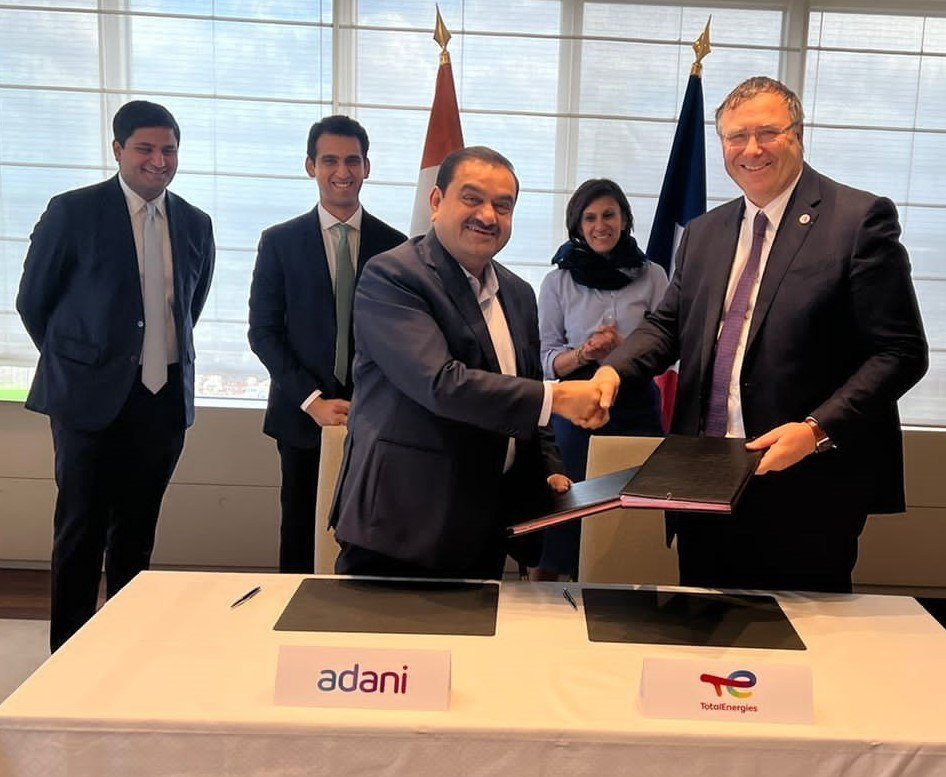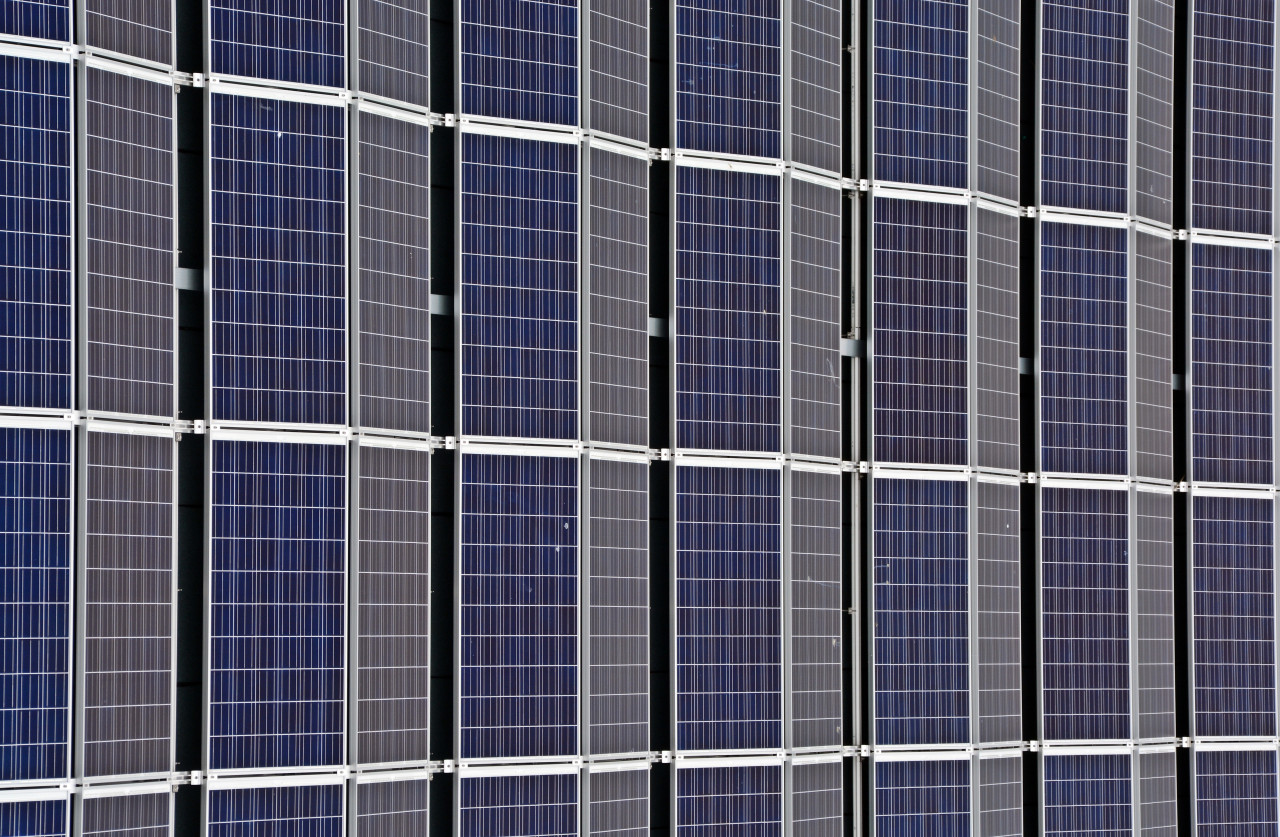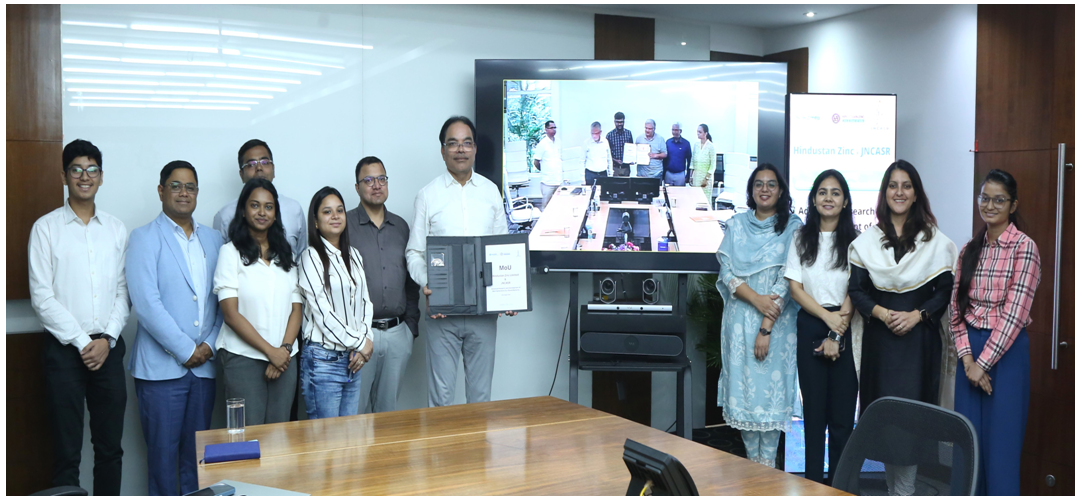Total Energies, Adani New Industries partner to set up largest green H2 ecosystem
French multi-energy group TotalEnergies SE has announced that it has consented to buy a 25 percent stake in India's Adani New Industries Ltd (ANIL) in a move to create what they say would be "the largest green hydrogen ecosystem in the world," bolstered by 30 GW of renewables.
ANIL will serve as an exclusive platform to produce green hydrogen in India, targeting an annual output of one million tonnes by 2030, TotalEnergies said on Tuesday. The French company is buying the minority interest in ANIL from Adani Enterprises Ltd. Financial details about the transaction were kept under wraps.
ANIL has committed to investing more than $50 billion over the next 10 years in the initiative to deliver "the lowest green hydrogen cost to the consumer," it said in a separate filing.
As a start, the Indian firm will develop a project that will result in the production of 1.3 tonnes of urea derived from green hydrogen, which will be sold domestically. It said it intends to install a 2-GW electrolyser powered by 4 GW of wind and solar generation at a total cost of $5 billion.
ANIL's strategy is to be involved in the whole process along the value chain, including equipment manufacturing, green hydrogen production, and its conversion into fertilizers and methanol, both for the local market and exports.
TotalEnergies and Adani Group have been partnering in the liquefied natural gas (LNG) business since 2018. Two years later, the French group bought 50 percent of the 2.35-GW portfolio of operating solar parks of Adani Group's green energy unit.
"Our confidence in our ability to produce the world's least expensive electron is what will drive our ability to produce the world's least expensive green hydrogen. This partnership will open several exciting downstream pathways," commented Adani Group chairman Gautam Adani.
In turn, Patrick Pouyanne, chairman and CEO of TotalEnergies, said: "This future production capacity of 1 Mtpa of green hydrogen will be a major step in increasing TotalEnergies' share of new decarbonized molecules – including biofuels, biogas, hydrogen, and e-fuels – to 25 percent of its energy production and sales by 2050."




















